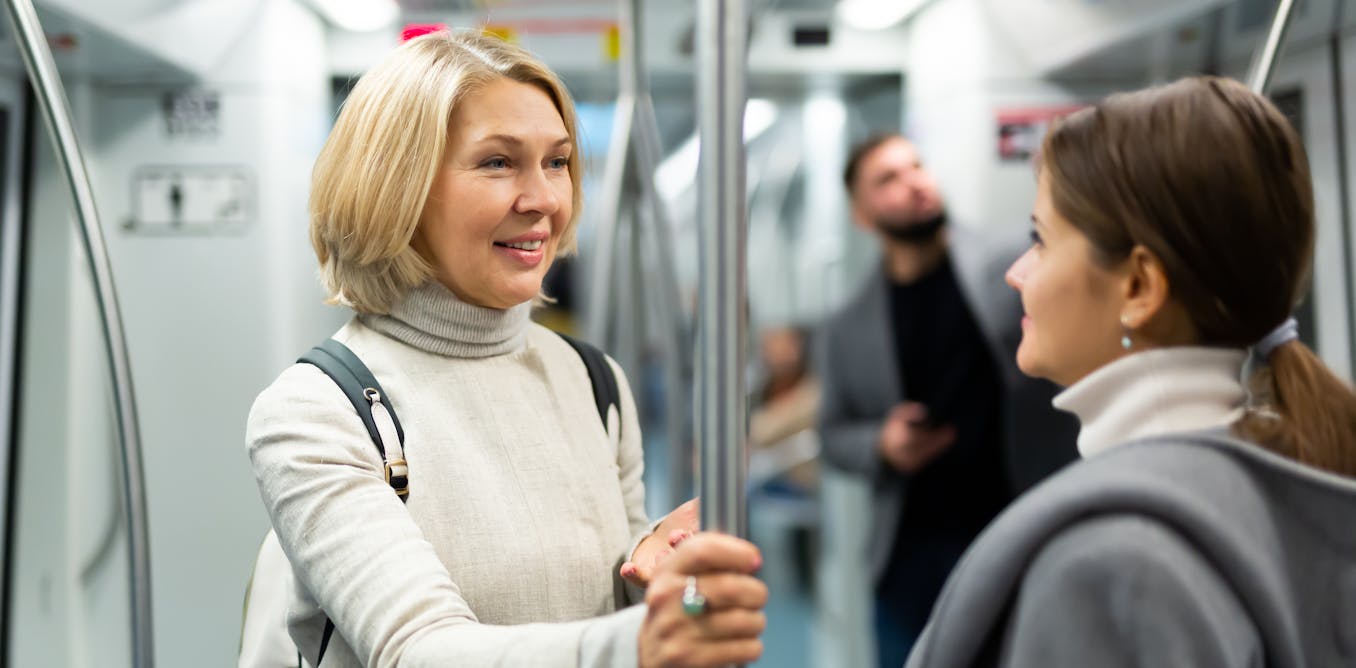Women get fewer chances to speak on CNN, Fox News and MSNBC, according to an AI-powered, large-scale analysis of interruptions
An analysis of hundreds of thousands of interactions on cable news programs shows that women interrupt more often than men – and it may be because they also have to fight for equal airtime.
Nov. 2, 2022 • ~5 min









